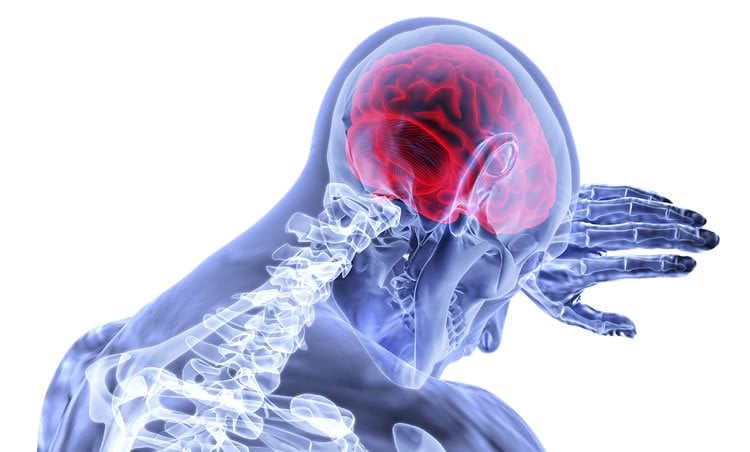The brain has no pain receptors so brain surgery is often conducted when patients are awake

The Brain: A Remarkable Organ

The brain, a fascinating and intricate organ, holds many secrets that continue to baffle scientists and researchers worldwide. Its complexity and importance are immeasurable as it controls our thoughts, actions, and bodily functions. Despite numerous advancements in neuroscience, there are still peculiar facts about the brain that can leave us in awe. One such fact is that the brain has no pain receptors, which explains why brain surgery is often conducted while patients are awake.
The brain, like other parts of our body, can experience damage or illness that requires medical intervention. Surprisingly, brain surgery is frequently performed with patients conscious and under local anesthesia. This might appear counterintuitive, as one would expect such a delicate procedure to be undertaken with the patient fully sedated or even asleep. However, there are crucial reasons behind this approach.
To comprehend why brain surgery is often performed on awake patients, we need to explore the underlying mechanisms of pain perception. Pain receptors, also known as nociceptors, are specialized sensory receptors found throughout the body. These receptors transmit messages of pain to the brain, alerting us to potential harm or injury. However, while pain receptors are present in various organs and tissues, including the skin, muscles, and organs like the heart and liver, they are notably absent in the brain itself.
Because the brain lacks pain receptors, the surgical process targeting this extraordinary organ can be relatively painless when performed under local anesthesia. Local anesthesia numbs the specific area being operated on, ensuring that the patient does not feel any pain during the procedure. By keeping the patient awake, surgeons can actively monitor their responses, allowing them to assess the impact of the surgery on brain function in real-time, enhancing overall safety and precision.

The concept of conscious brain surgery may seem daunting to some, but medical professionals take extensive precautions to ensure patient comfort and minimize anxiety. Prior to the surgery, patients receive detailed explanations of the procedure, outlining what they may experience during the operation. They are made aware that they won’t feel physical pain due to the absence of pain receptors in the brain.
Despite not experiencing pain, it is essential to note that patients may still feel pressure or mild discomfort during brain surgery. This is because the scalp and skull have plenty of pain receptors, necessitating a local anesthetic at the incision site. Surgeons and operating room staff are highly skilled in managing patient comfort, applying effective anesthesia, and closely monitoring vital signs throughout the procedure.
In conclusion, the brain’s lack of pain receptors is a fascinating aspect of its physiology that allows for brain surgery to be conducted while patients are awake. This unique characteristic enables surgeons to operate with precision and monitor brain function in real-time. Although conscious brain surgery may seem unnerving, patients can take comfort in knowing that they won’t experience pain due to the absence of pain receptors within the brain. With ongoing advancements in neuroscience, we continue to unveil the incredible mysteries surrounding the human brain and push the boundaries of medical science.
Source: Dobson Healthcare
Share
Related Posts
Quick Links
Legal Stuff

